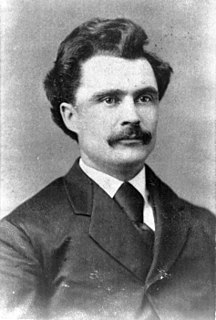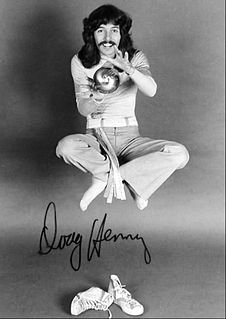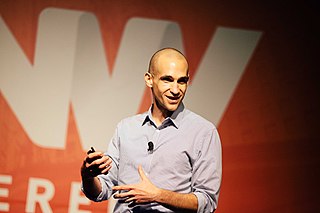A Quote by Benjamin Disraeli
You must originate, and you must sympathize; yon must possess, at the same time, the habit of communicating and the habit of listening. The union is rather rare, but irresistible.
Related Quotes
The master-economist must possess a rare combination of gifts. He must reach a high standard in several different directions and must combine talents not often found together. He must be mathematician, historian, statesman, philosopher - in some degree. He must understand symbols and speak in words. He must contemplate the particular in terms of the general, and touch abstract and concrete in the same flight of thought. He must study the present in the light ofthe past for the purposes of the future
The other producer of old age is habit: the deathly process of doing the same thing in the same way at the same hour day after day, first from carelessness, then from inclination, at last from cowardice or inertia. Luckily the inconsequent life is not the only alternative; for caprice is as ruinous as routine. Habit is necessary; it is the habit of having habits, of turning a trail into a rut, that must be incessantly fought against if one is to remain alive.
We must make automatic and habitual, as early as possible, as many useful actions as we can...in the acquisition of a new habit, we must take car to launch ourselves with as strong and decided initiative as possible. Never suffer an exception to occur till the new habit is securely rooted in your life.
Habit 7 is taking the time to sharpen the saw. By renewing the four dimensions of your nature - physical, spiritual, mental and social/emotional, you can work more quickly and effortlessly. To do this, we must be proactive. This is a Quadrant II (important, not urgent) activity that must be acted on. It's at the center of our Circle of Influence, so we must do it for ourselves.
However, to modify a habit, you must decide to change it. You must consiously accept the hard work of identifying the cues and rewards that drive the habits' routines, and find alternatives. You must know you have control and be self-conscious enough to use it -- and every chapter in this book is devoted to illustrating a different aspect of why that control is real.
Three characteristics a work of fiction must possess in order to be successful:
1. It must have a precise and suspenseful plot.
2. The author must feel a passionate urge to write it.
3. He must have the conviction, or at least the illusion, that he is the only one who can handle this particular theme.

































